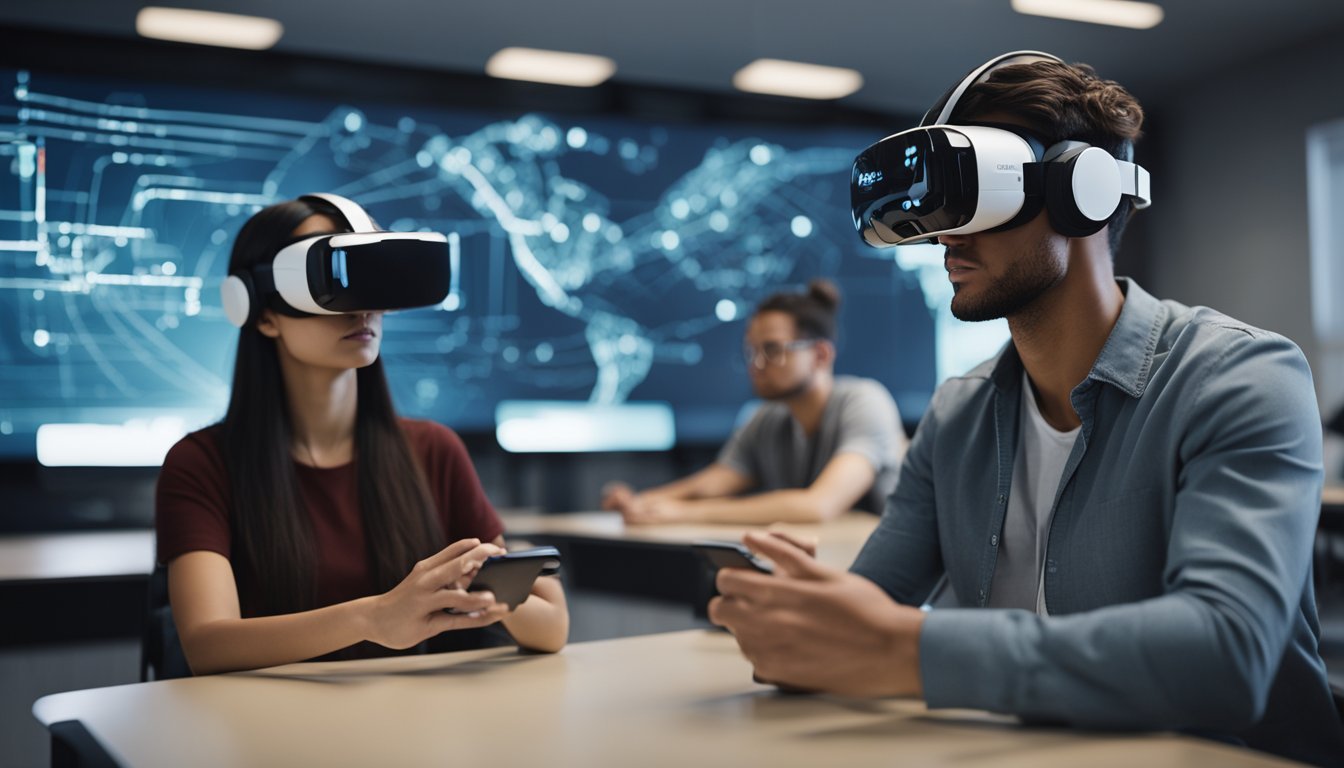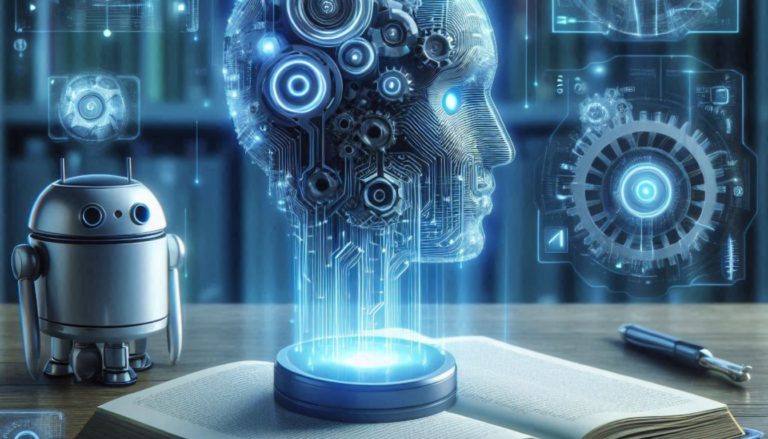How the Future of LMS is Reshaping Education in 2024 and Beyond

Discover the latest trends and innovations shaping the Future of LMS. Explore how advancements in technology are redefining eLearning for educators and learners alike
The future of Learning Management Systems (LMS) is a topic of great interest as educational institutions and organizations seek to enhance their eLearning experiences. This blog will explore the anticipated trends and innovations in LMS technology, highlighting the key advancements that are shaping the future of online learning.
- The importance of LMS in education is growing as more institutions adopt digital learning solutions.
- Technological advancements such as AI, mobile learning, and gamification are transforming the landscape of eLearning.
- Key themes will be addressed, including personalized learning, data analytics, and social learning.
Key Points
- Emerging Technologies: AI, VR, AR, and mobile learning are transforming LMS capabilities.
- Social Learning: Increasing integration of social features in LMS platforms.
- Gamification: Enhancing engagement through game-based learning strategies.
- Flexibility and Accessibility: The shift towards mobile learning and microlearning formats.
- Data Analytics: Improved analytics for better learner insights and performance tracking.
- Challenges Ahead: Addressing cost, privacy, and training needs in adopting new technologies.
The Role of AI in Future LMS
AI will personalize learning experiences by adapting content to individual needs.
- Benefits of Personalized Learning Paths: AI algorithms analyze user data to create customized content that meets learners’ preferences and pace.
- Automation of Grading and Feedback: AI can streamline administrative tasks by providing instant feedback on assessments, allowing educators to focus more on teaching.
Virtual Reality (VR) and Augmented Reality (AR) in Learning
VR and AR create immersive environments for practical training.
- Use Cases in Medical Training and Simulations: VR can simulate real-life scenarios for medical students, enhancing their hands-on experience without risk.
- Enhancing Engagement Through Virtual Field Trips: Schools can utilize AR to take students on virtual excursions to places that are otherwise inaccessible.
The Rise of Mobile Learning
Mobile optimization is essential for modern learners.
- Importance of Responsive Design: LMS platforms must be designed for seamless use across devices to accommodate learners on the go.
- Benefits of Accessing Content On-the-Go: Mobile learning allows users to engage with educational materials anytime, increasing flexibility.
Microlearning: Bite-Sized Learning Modules
Microlearning caters to busy schedules with short, focused lessons.
- Examples of Effective Microlearning Content: Short videos, quizzes, and interactive modules that deliver specific outcomes within 15 minutes.
- Advantages for Knowledge Retention: Bite-sized content helps learners absorb information more effectively by reducing cognitive overload.
Social Learning Features in LMS
Incorporating social elements fosters collaboration among learners.
- Discussion Forums and Peer Interactions: Social features enable learners to share ideas and support each other through discussions.
- Integration with Social Media Platforms: Connecting LMS with social networks enhances community building among learners.
Gamification Strategies in LMS
Gamification enhances motivation through interactive elements.
- Examples of Gamified Learning Experiences: Incorporating badges, leaderboards, and challenges to motivate learners.
- Impact on Learner Engagement and Performance: Game mechanics can lead to higher participation rates and improved outcomes.
Improved Data Analytics in LMS
Advanced analytics provide insights into learner behaviour.
- Tracking Performance Metrics Effectively: Institutions can leverage analytics tools to monitor progress and identify areas needing improvement.
- Using Data to Inform Instructional Strategies: Data-driven insights help educators tailor their approaches based on learner performance.
Flexibility in Learning Environments
Future LMS will prioritize flexible learning options.
- Overcoming Geographical Barriers to Education: Online platforms allow learners from various locations to access quality education.
- Customizing Learning Experiences for Diverse Needs: Flexibility enables institutions to cater to different learning styles and preferences.
Challenges Facing Future LMS Adoption
Identifying potential hurdles in implementing new technologies.
- Cost Implications for Institutions: High initial investments in advanced technologies like VR can be a barrier for many organizations.
- Privacy Concerns Regarding User Data: Institutions must ensure compliance with regulations protecting personal information.
Training Needs for Educators and Learners
Effective training is crucial for maximizing LMS potential.
- Resources Needed for Instructor Training: Providing comprehensive training materials ensures educators can effectively use new features.
- Support Systems for Learners Using New Features: Continuous support helps learners adapt to changes within the LMS environment.
Predictions for the Future of LMS Technology
Anticipated advancements that will shape the future landscape.
- Trends to Watch in the Coming Years: Innovations such as AI-enhanced assessments and increased mobile accessibility will likely dominate discussions about future LMS developments.
- How Institutions Can Prepare for These Changes: Staying informed about emerging technologies will help institutions remain competitive in delivering quality education.
FAQs
What are the key technologies shaping the future of LMS?
The future of LMS is being shaped by technologies such as artificial intelligence, virtual reality, augmented reality, mobile learning, and gamification, which enhance personalization, engagement, and accessibility.
How can organizations implement gamification in their LMS?
Organizations can implement gamification by incorporating elements like points, badges, leader boards, and challenges into their courses to motivate learners and enhance the overall experience.
What challenges do institutions face when adopting new LMS technologies?
Institutions may face challenges such as high costs associated with advanced technologies, ensuring data privacy and security compliance, and providing adequate training for both educators and learners.
Conclusion
To conclude this blog post on the future of LMS:
- Summarize key technological advancements discussed throughout the article.
- Highlight the importance of adaptability in education as technology continues to evolve.
- Encourage readers to stay informed about emerging trends that could impact their learning environments.






